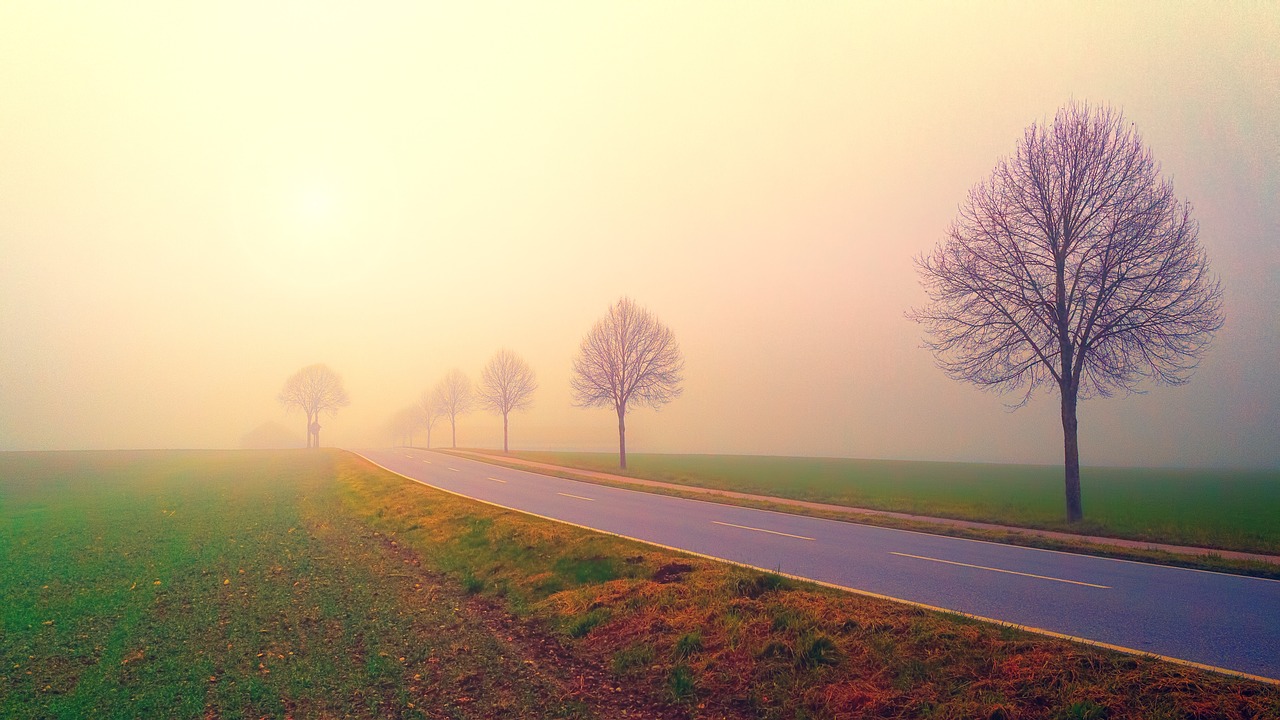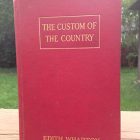The Fine Art of Saying No

Whether I’m a spectator at a reading or taking part in one, two questions that I often hear during the Q & A session are “When do you get your writing done?” and “Do you have a set schedule?” Despite having heard these questions many times before, I’m still interested in the responses. Whether or not a writer has small children or a second career with demanding hours or a family member in need of frequent, possibly exhausting, care, there is no shortage of forces conspiring against a person’s desire to sit alone in a room and put down something interesting on the page.
I’m in awe of the writers who do keep to a schedule, those early-risers who rarely ever fail to awaken at 4:30 a.m. to write for two hours before the rest of the house stirs, or the night owls who are able to write until two or three a.m. and a few hours later get up for work (an effort, I suspect, that must be fueled by large quantities of espresso). I remember reading an article by Brett Lott, right around the time Jewel was chosen for Oprah’s book club, in which he stated that he really did wake up before dawn every morning to write. If this is what it takes, I thought at the time, my writing career is doomed. It could be that I need more sleep than a lot of other writers, or maybe it’s that I’m unwilling to say no to as much as I should – do I really have to keep a book and movie journal, along with my regular journal? Do I need to send several dozen emails a day, some of them quite lengthy, and write letters or cards to family and friends for birthdays or for no other reason than to say hello? Should I be sending out a hundred holiday cards complete with handwritten notes and going to spinning classes at the gym five or six mornings a week? And why on earth do I feel that it’s a moral necessity to read every article in the three magazines I subscribe to? Should I try to keep lunch dates three or four days during some already-busy weeks on top of teaching full-time? Those are only some of the activities that might occur on any given day – what about laundry, dishes, meals, cleaning, grocery-shopping, phone calls, bill-paying, commuting, and grading student papers?
It’s an embarrassing irony that despite my own habits, for a few years now I have been advising my writing students to learn how to say no if they plan to make it as writers. We need unstructured, sacrosanct time to write our poems, stories, and essays. We need a couple of quiet hours, preferably every day or two, to get down to the business of creating characters and settings and metaphors, and if we’re really lucky, the perfectly worded and perfectly delightful line of verse or dialogue.
By saying no to the friend who calls to seduce us with a trip to Macy’s or an impromptu dinner at Maggiano’s, we are often rewarded with the burden of a guilty conscience. We also might feel that we have disappointed our friend in a way that he or she might not forget for a while, and another, similar invitation might not be forthcoming for a long time. There are, however, a couple of solutions to this problem that immediately come to mind: one is somewhat cowardly – don’t answer the phone or respond to the email until after the night has passed; the other is potentially chaos-inducing – do the writing you were planning to do at the expense of some other task(s) – maybe the laundry sits and the sheets don’t get changed, or you don’t make it to the grocery store to buy the bagels that were advertised as buy-one-get-one-free. Umberto Eco once said that he is able to accomplish so much because he does a lot of work in the interstices. Those interstices might be brief – no more than five-to fifteen-minute snippets, but they can be numerous. If you can load the laundry in the washer on your way to the store and put it in the dryer on your way back (particularly if your laundry room is three flights below where you live, like mine is), you might save yourself a few minutes of stair-climbing and door-unlocking. Similarly, if you don’t mind making phone calls while you do the lunch dishes and start preparing dinner, you might save yourself as much as an hour. Your friends and relatives might yell at you for multitasking but, well, if they aren’t writers, they might not have any idea how much you have to struggle to spend an hour or two at your writing desk on Thursday afternoon or Saturday morning or Monday noon.
Establishing a workable routine is of paramount importance if you hope to write regularly, but the practical concerns of the writing life probably aren’t discussed as much as they should be. How, in the avalanche of tasks we must accomplish in any given week, do we find the time to write? How do we make ourselves stop surfing the internet when we should be revising a story? Jonathan Franzen has said that it’s almost impossible for him to get writing done if he has internet access. Plenty of others feel the same, I’m certain. Distractions are as numerous as potholes during a Chicago winter, and one way that I manage to circumvent my inability to say no as often as I probably should to friendly invitations is to say no to TV. Since freshman year in college when the only television set available was my roommate’s 5-inch black-and-white radio/TV contraption, I have stopped watching television (except for the annual Oscars broadcast, but after this year’s wan, silly program, I might give it up all together). I do sometimes watch shows after they have been released on DVD, but not since 1989 have I regularly watched a prescheduled TV program. Some of my friends confess to devoting two to four hours a night to their television sets, and in the U.S., this is the rule rather than the exception. Think of it, as many as fourteen to twenty-eight hours a week freed up for writing if you are able to break your nightly TV habit. That might mean 1,456 hours per year rescued from commercials and Charlie Sheen. Enough to write a book, and maybe to start a second.
This is Christine’s twelfth post for Get Behind the Plough.



